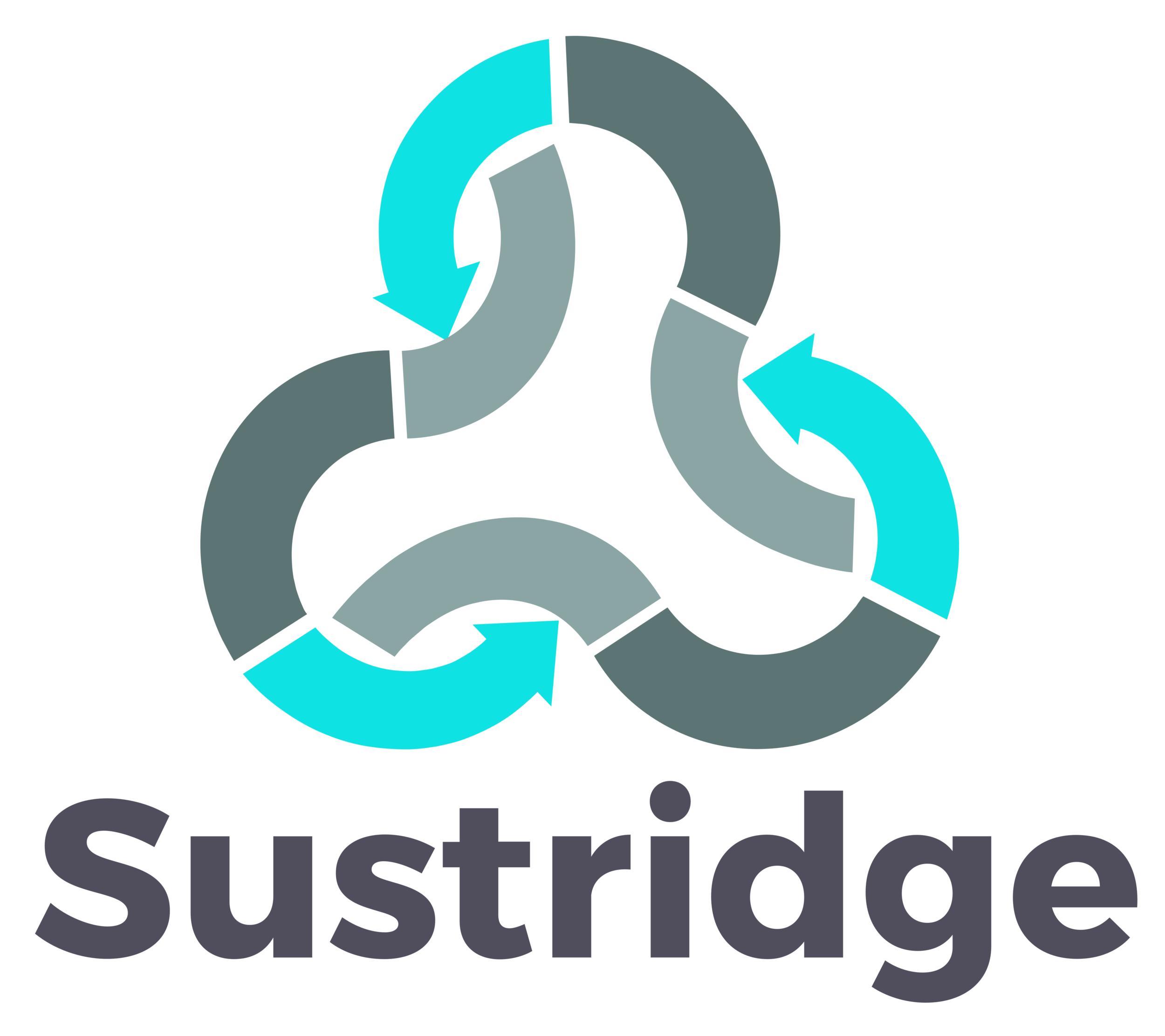Aurora Winslade - Director of Sustainability at Swarthmore College
Aurora Winslade, the Director of Sustainability at Swarthmore College, joins Sustainable Nation to discuss:
Sustainability in higher education
Swarthmore College's internal carbon pricing program
Advice on implementing an internal carbon pricing program
Advice and insights for other sustainability professionals
Aurora's Final Five Questions (transcribed):
What is one piece of advice you'd give other sustainability professionals that might help them in their careers?
Learn how to design systems that engage others to be the problem solvers and the implementers of the solutions.
What are you most excited about right now in the world of sustainability?
I'm excited about the way that those of us in sustainability are starting to embrace the idea of being change-facilitators and leading change, and integrating the work that we'd been doing on a more technical level, creating metrics and and implementing solutions with creating healthy organizations. Because that is fundamental to solving our challenges, is to be able to work together and collaborate across our organizations and adapt to the pace of change, and scale it up at a rapid rate. I'm starting to see a lot more of that sort of systems thinking being integrated into our work.
What is one book you'd Recommend Sustainability Professionals read?
I have to give you two. I couldn't narrow it down to one. They're very different. The first one is Crucial Conversations. It's a tool for talking when stakes are high. It's written by New York Times best-selling authors and it walks you through how to build your skills in having the difficult conversations that all of us have to have throughout our lives and are particularly important in this kind of role, not only being able to have in yourself but helping others be able to have them because conflict will arise and it can be a source of strength, and one can get better at it. So that's one thing that I found really transformational in my life is learning how to get better and it continually getting better. The second book I think I'm really excited about right now is I recently saw Paul Hawkin, share his work with project drawdown, the other side of it is what are the actual solutions to climate change. His book is called Drawdown.
And they've analyzed using data and creating a model with the best research that out that's out there. The top 100 solutions to climate change. And I was really struck by how number six is educating girls. And number seven is family planning and taken together. Those two solutions could represent the biggest, the single biggest solution to climate change, understanding balancing the interpersonal and change management skills are crucial conversations offers with sort of looking at what the data tells us and using that to drive our strategies. Which project drawdown is trying to give us some really concrete information about those two books.
What are some of your favorite resources or tools that really help you in your work?
I do recommend the Facilitators Guide to Participatory Decision Making, sort of sneaking in a third book there, but it's really a set of tools for how to facilitate group process.
And finally, where can people go to learn more about you and the work that you're doing at Swarthmore?
You're welcome to visit the Swarthmore college sustainability website. I also organize each summer retreat for sustainability professionals. It's primarily for higher education now every year we have some cross-sector participation which really lends a rich perspective. And this year it will be June 24th through the 27th here at Swarthmore college through the Association for the advancement of Sustainability in higher education act, which is a wonderful organization that itself has a lot of great resources. And also, I don't think I mentioned, but you may have earlier, that I teach leading change in organizations through the Bard College Sustainable MBA program. And that's a really terrific program that offers a great way for working professionals to earn an MBA where sustainability is really big. And I would welcome the contact from anyone who would like to continue the conversation.

